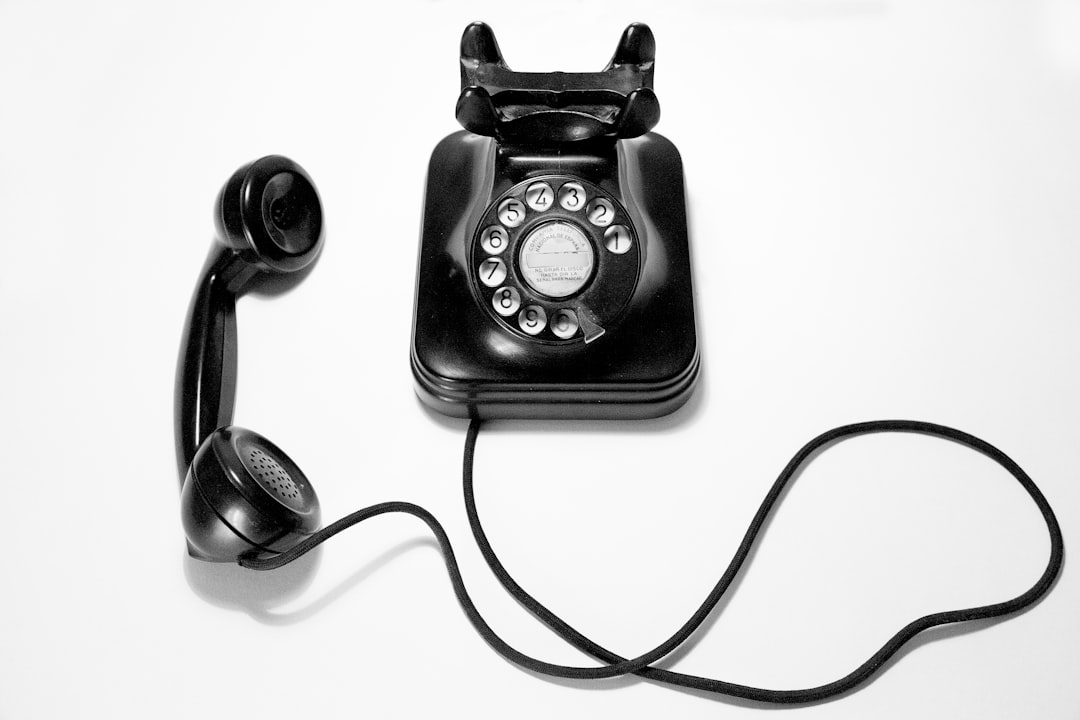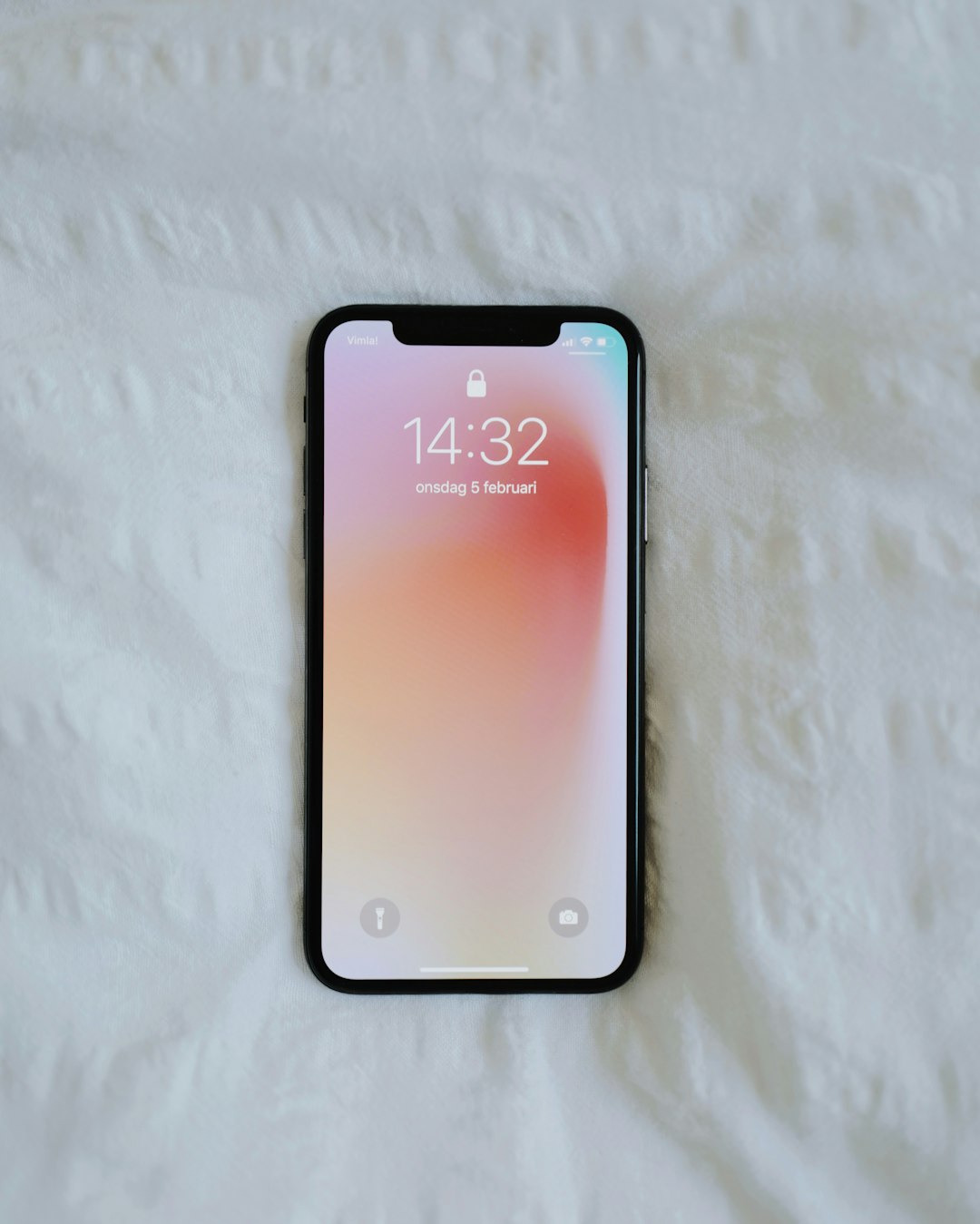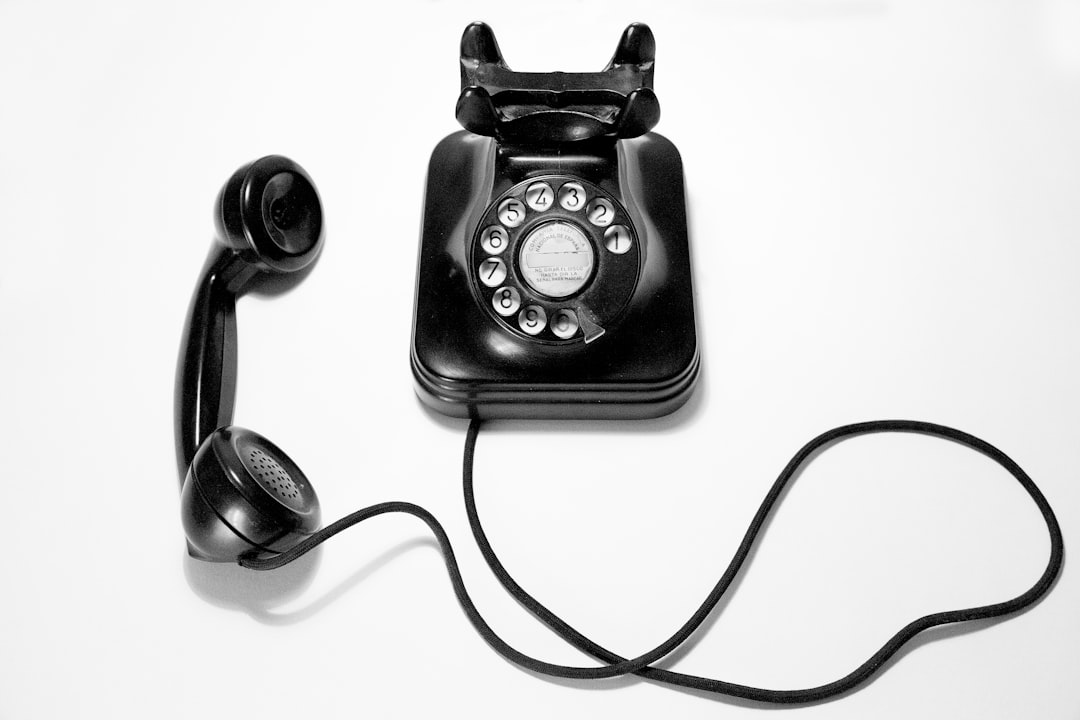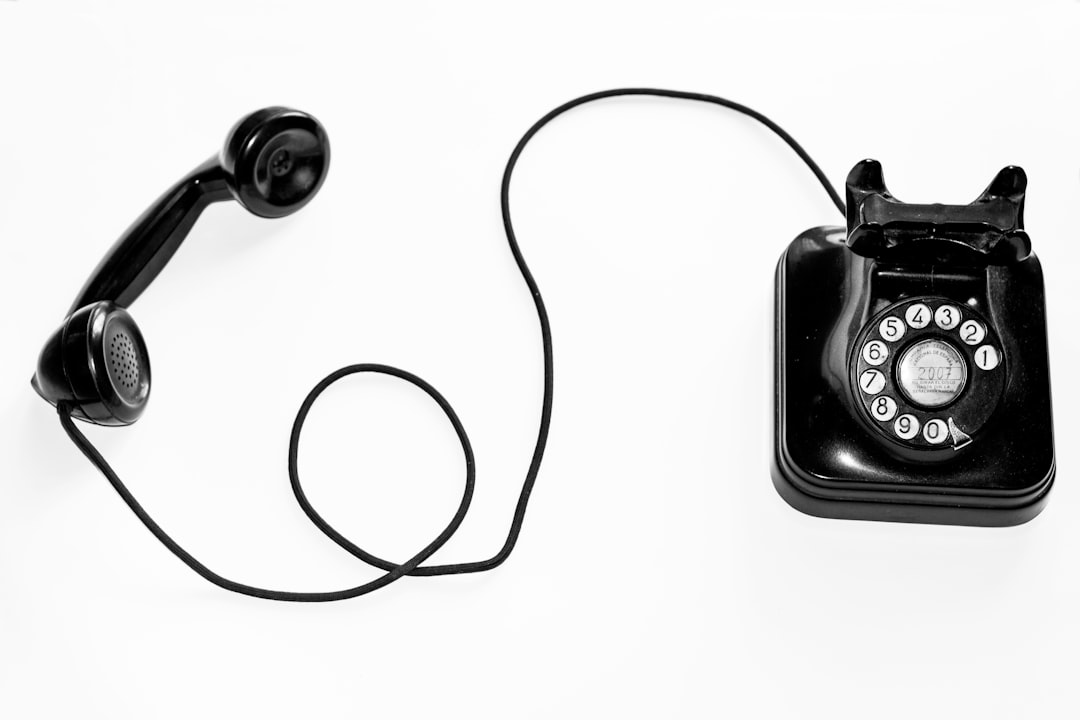Robocalls remain a significant problem in Massachusetts, impacting both residents and crucial industries like fishing. While regulated, these automated marketing calls disrupt critical operations and cause stress. Those affected can take legal action under the Telephone Consumer Protection Act (TCPA), seeking monetary damages and injunctive relief against violating call centers. Inquiring about "Can I Sue For Robocalls Massachusetts" reveals available options for mitigating this nuisance at both individual and industry levels through legal recourse like class-action lawsuits.
In today’s digital age, robocalls have become a ubiquitous nuisance, affecting various industries across Massachusetts. This article delves into the unique impact of automated phone calls on the state’s fishing industry—a vital sector known for its bustling ports and rich history. We explore how robocalls disrupt fishing businesses and workers, offering insights into their daily challenges. Additionally, we guide readers through legal options available in Massachusetts, including the potential to sue for robocalls, providing a comprehensive understanding of their rights.
Understanding Robocalls and Their Prevalence in Massachusetts

Robocalls, automated phone calls that deliver prerecorded messages, have become a pervasive issue in Massachusetts and across the nation. These calls, often used for marketing purposes, can be particularly irritating for residents, especially when they are unwanted or misdirected. In Massachusetts, as in many states, laws exist to protect consumers from excessive robocalls, including regulations around call tracking and do-not-call lists. However, despite these measures, the volume of robocalls continues to grow, with advanced technologies allowing call centers to bypass traditional blocking methods.
The prevalence of robocalls in Massachusetts affects various sectors, none more so than the state’s fishing industry, which relies heavily on communication for navigation, safety, and market access. Unwanted robocalls can disrupt fishers’ work, especially when calls are received during critical moments like setting traps or navigating treacherous waters. This interference raises questions about legal avenues for redress, including the potential to “Can I Sue For Robocalls Massachusetts.” Understanding these rights is crucial for protecting not just individuals but also vital industries that contribute significantly to the state’s economy and cultural identity.
The Effects of Robocalls on Fishing Businesses and Workers

Robocalls, automated phone calls often used for marketing purposes, have become a pervasive issue for businesses and individuals across Massachusetts. While they may be efficient for companies, they can significantly disrupt fishing operations and negatively impact workers. Many fishermen and fishing business owners in MA find themselves overwhelmed by unwanted robocalls, hindering their ability to focus on their work and communicate effectively with clients.
These automated calls can lead to decreased productivity and increased stress levels among employees. Fishing industry professionals may spend valuable time and resources trying to manage or block these calls, which could otherwise be dedicated to more essential tasks. Moreover, the constant disruption can affect safety measures and communication during critical operations, raising concerns about potential accidents and incidents. With the rise of robocalls, several Massachusetts residents are wondering if they have legal recourse and if they can sue for robocalls in their state.
Legal Options and Suing for Robocalls in Massachusetts

In Massachusetts, as in many other states, robocalls are a significant nuisance, particularly for businesses like the fishing industry that rely on clear communication channels. While state and federal laws offer some protections against unsolicited calls, including those made by automated systems, there are also legal options available to those affected by excessive or malicious robocalls.
If you’re wondering, can I sue for robocalls in Massachusetts?, the answer is yes. Under the Telephone Consumer Protection Act (TCPA), individuals and businesses can take legal action against call centers or entities that make unwanted automated calls. This law allows for monetary damages, injunctive relief, and attorney’s fees for successful plaintiffs. In some cases, affected parties may choose to file a class-action lawsuit, which can be particularly effective in stopping the practice of robocalling on a larger scale.






